
- •Оренбургский техникум железнодорожного транспорта, 2013 введение
- •Module 1 (units 1 & 2)
- •People are different
- •Find in the opinions the ideas to say whether the following statements are true (t) or false (f). If it is wrong correct it.
- •Prove with the help of the opinions that:
- •4. Fill in the gaps and translate:
- •Conservative, loving, light, work, clever, he, working, thinks, thinking, ambitious
- •I like to be_____________________________________________________________________________________
- •Do the puzzle.
- •1. Fill in the gaps with the forms of the verb “to be” and translate:
- •5. Put the verbs in the correct form:
- •6. Translate the following sentences from Russian:
- •Parents and children relationships.
- •1. Which of the adjectives below can describe relations between adults and teenagers?
- •2. Match the notices (a-g) to the sentences: (1-5).
- •3. Underline the correct word and translate the right variant:
- •5. A) Find the synonyms:
- •6. Answer the questions and make the answers as your retelling.
- •Modal verbs.
- •1. Answer the questions:
- •2. Fill in the gaps with the modal verbs.
- •4. Complete the following sentences using the most appropriate forms of the verbs.
- •5. Translate into English:
- •6. Translate the sentences:
- •Module 2 (units 3 & 4)
- •School years.
- •1 . What statements are True or False (t); (f)
- •2. Translate into Russian:
- •3. Prove with the help of the opinions that:
- •4. Divide the following statements into 2 groups:
- •6. Translate from Russian and use it as the retelling.
- •The plural number of a noun.
- •Form the plural number of a noun:
- •Spread the following words into 2 groups: (singular and plural)
- •3. Fill in the blanks with the correct words from the list:
- •Give the following female nouns in plural:
- •Put the following sentences in plural:
- •Make the sentences:
- •Articles.
- •Put in the article where necessary:
- •Put in the article where necessary:
- •Put in the article where necessary:
- •Put in the article where necessary:
- •Put in "a/an" in the sentences and translate:
- •6. Put in a/the or - in the sentences:
- •Sport and a healthy lifestyle.
- •Vocabulary:
- •Match the notices to their meanings. Fill in the table:
- •Insert the proper word from the brackets:
- •People of different ages can design exercises that will fit them.
- •Television and newspapers report about sport city marathons in detail.
- •5. Look at the pictures. What kind of sport is it? Do you go in for it? What is your favorite? Why?
- •Translate from Russian the following sentences:
- •1. What food is useful or not?
- •2.What activities are sportive or not?
- •3.What football and hockey teams are Russian or not?
- •The Present Simple Tense.
- •Put the following sentences into negative and interrogative form:
- •Put in the right auxiliary verb and translate:
- •Translate the sentences:
- •Make up sentences:
- •Fill in the correct word.
- •Underline the correct item.
- •Advantages and disadvantages of life in a city and in a village.
- •Vocabulary:
- •Find in the opinions the ideas to say whether the following statements are true (t) or false (f). If it is wrong correct it.
- •Insert the proper word from the brackets:
- •Read the opinions and say which ones do you agree with:
- •Circle the odd one out:
- •Answer the questions on the text:
- •The Past Simple Tense.
- •Put the following verbs into Past Simple Tense: To translate, to give, to get, to work, to open, to fight, to receive, to like, to forget, to learn, to give, to play, to say, to build, to travel.
- •Put the following sentences into negative and interrogative form:
- •Make up sentences:
- •Open the brackets and translate the following:
- •Underline the correct item.
- •Translate from Russian:
- •The interests of today's youth.
- •Vocabulary:
- •Prove with the help of the opinions that:
- •Choose a proper word in each sentence:
- •The Future Simple Tense.
- •Fill in:
- •Translate the sentences:
- •Is tv good for us or not?
- •Find in the opinions the ideas to say whether the following statements are true (t) or false (f). If it is wrong correct it.
- •3. Divide the following statements into 2 groups. Fill in the table using alphabet letters:
- •4.Insert the proper words in the sentences and translate:
- •5.Scan the text and find the English equivalents to the following words:
- •6.Answer the questions and make the answers as your retelling.
- •7.* Read the dialogue and translate:
- •The Present Continuous Tense.
- •Make up the sentences in English:
- •Use the correct form of the verb to be:
- •Answer the questions using the given words:
- •I am reading a book.
- •Do the quiz. Find out what type of person are you?
- •Environmental Protection.
- •Vocabulary:
- •Scan the text and find the English equivalents to the following word-combinations:
- •Circle the odd one out:
- •Spread the following statements into 2 groups, fill in the table:
- •Match the words, then use them to complete the sentences:
- •The Past Continuous Tense.
- •Translate the following:
- •Make the sentences negative ant interrogative:
- •Translate the following:
- •Translate the following:
- •Translate the following:
- •Translate into English:
- •Module 5 (units 9,10,11)
- •Education in Great Britain.
- •Find in the opinions the ideas to say whether the following statements are true (t) or false (f). If it is wrong correct it.
- •3. Fill in the gaps and translate:
- •Compulsory and free; real; graduate; nursery school; General Certificate of Secondary Education (gcse) examination; divided; children; education; subjects; examinations
- •6. Answer the questions and make it as your retelling:
- •The Future Continuous Tense.
- •Put the verbs in brackets in Future Continuous Tense:
- •Answer the questions using f.C.:
- •Translate from Russian:
- •Russian Cuisine
- •Complete the sentences from the text and translate:
- •Choose the correct word:
- •A) Scan the text and give English equivalents:
- •А) Label the pictures:
- •The Present Perfect Tense.
- •A) Translate the following word-combinations:
- •Put the verb in Preset Perfect Tense and translate:
- •Translate the following sentences:
- •Translate the sentences from English:
- •Translate from Russian:
- •The Past Perfect Tense.
- •Choose the right tense: the Preset Perfect or the Past Perfect:
- •Translate the following sentences from Russian into English:
- •My future profession is connected with the railroad.
- •Complete the sentences and translate:
- •Underline the correct adjectives:
- •T he Future Perfect Tense.
- •Put the verbs in brackets into Future Perfect Tense:
- •Make the sentences negative and interrogative:
- •Match the sentences from the two columns:
- •Change construct move read choose watch
Choose a proper word in each sentence:
Almost all youth …….. in virtual world. (stand, hang)
Forums, social networking, entertainment portals can keep ……….. (youth, police) in computer monitors and laptops almost round the clock.
Night clubs attract ………… young people. (a few, many)
Guys like to look great, they follow …….. (prescriptions, fashion)
Youth ………. movie and romance. (keep, combine)
You can not imagine your life without ………. (cell-phones, TV )
Youth like ……….. books about horror, detective stories. (to listen, to read)
Young people are not afraid of ……………. (gambling addiction, sweets addiction)
Match the pictures and the items:
1 |
2 |
3 |
4 |
5 |
6 |
7 |
8 |
|
|
|
|
|
|
|
|
Young people like to play computer games
Young people are going in for sport
Young people follow fashion trends
Young people prefer fantastic books
Young people can not live without mobile-phones
Young people are fond of music
Young people always “hang” in social network
C
B
D
A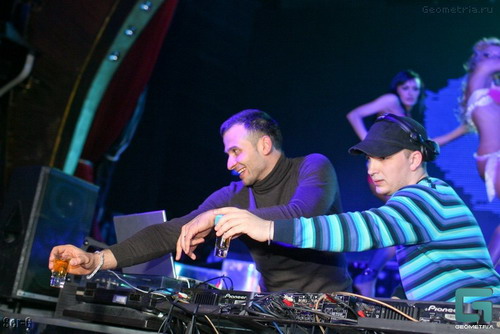
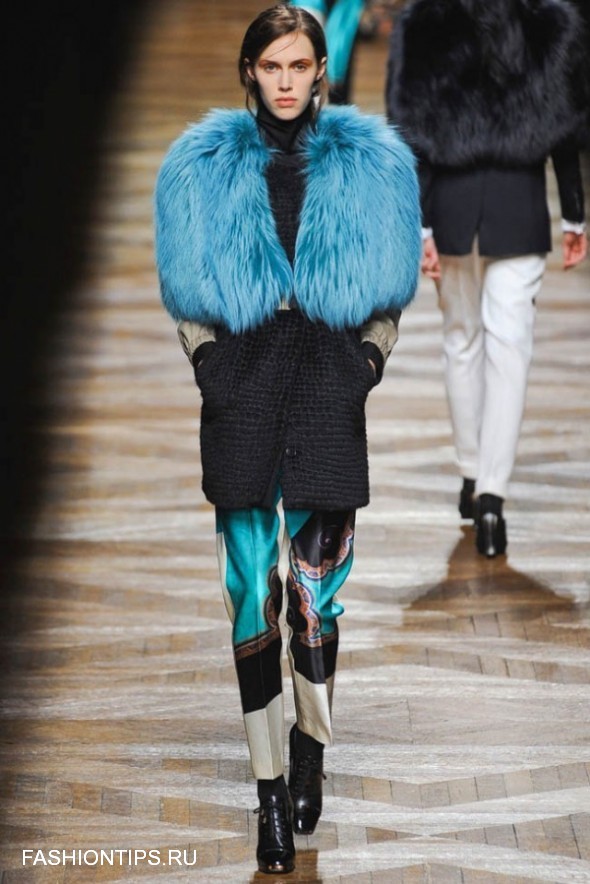
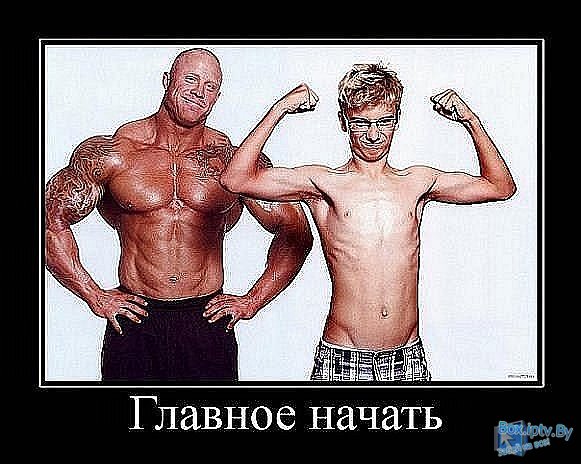

H
G
F
E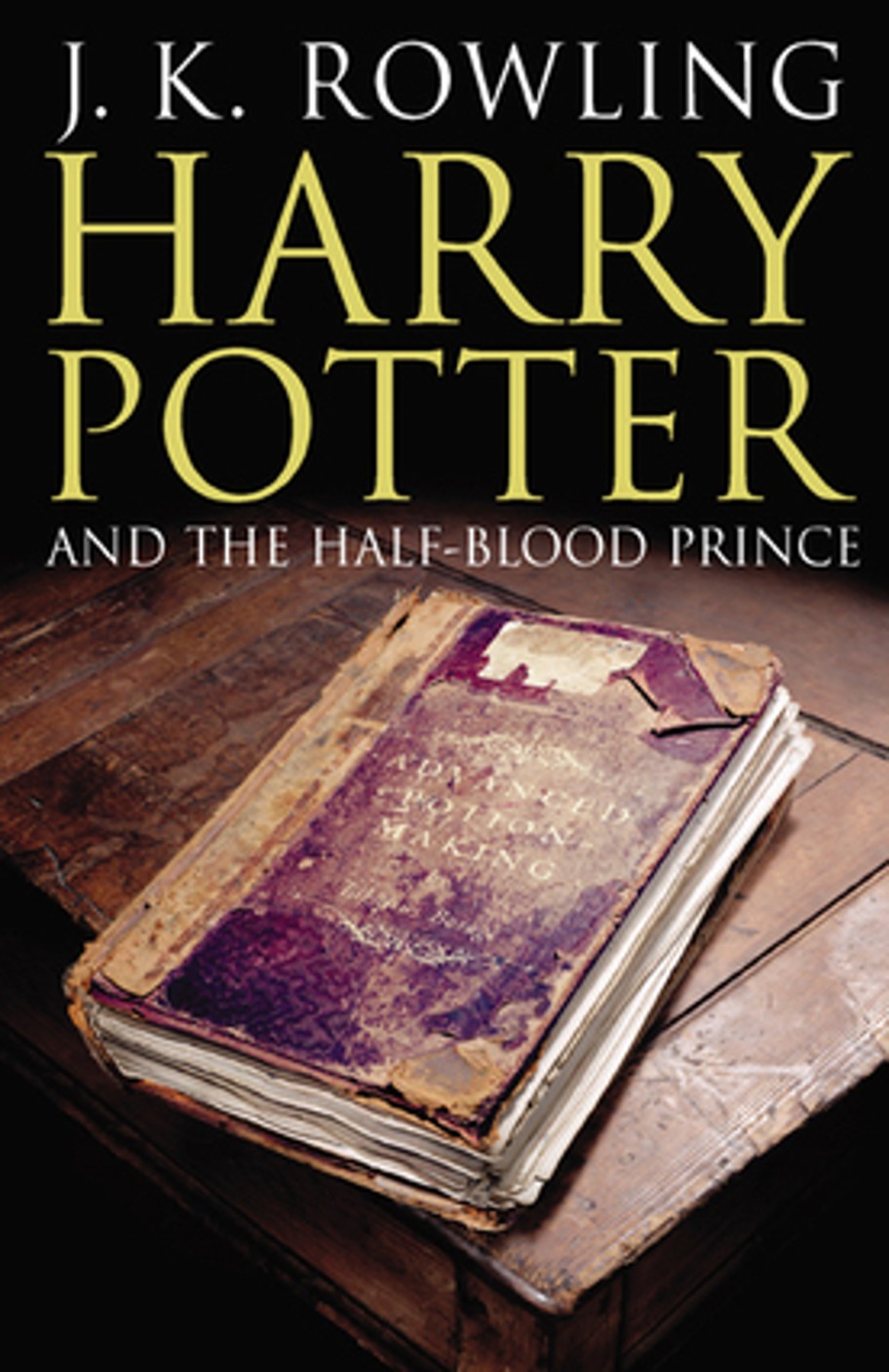

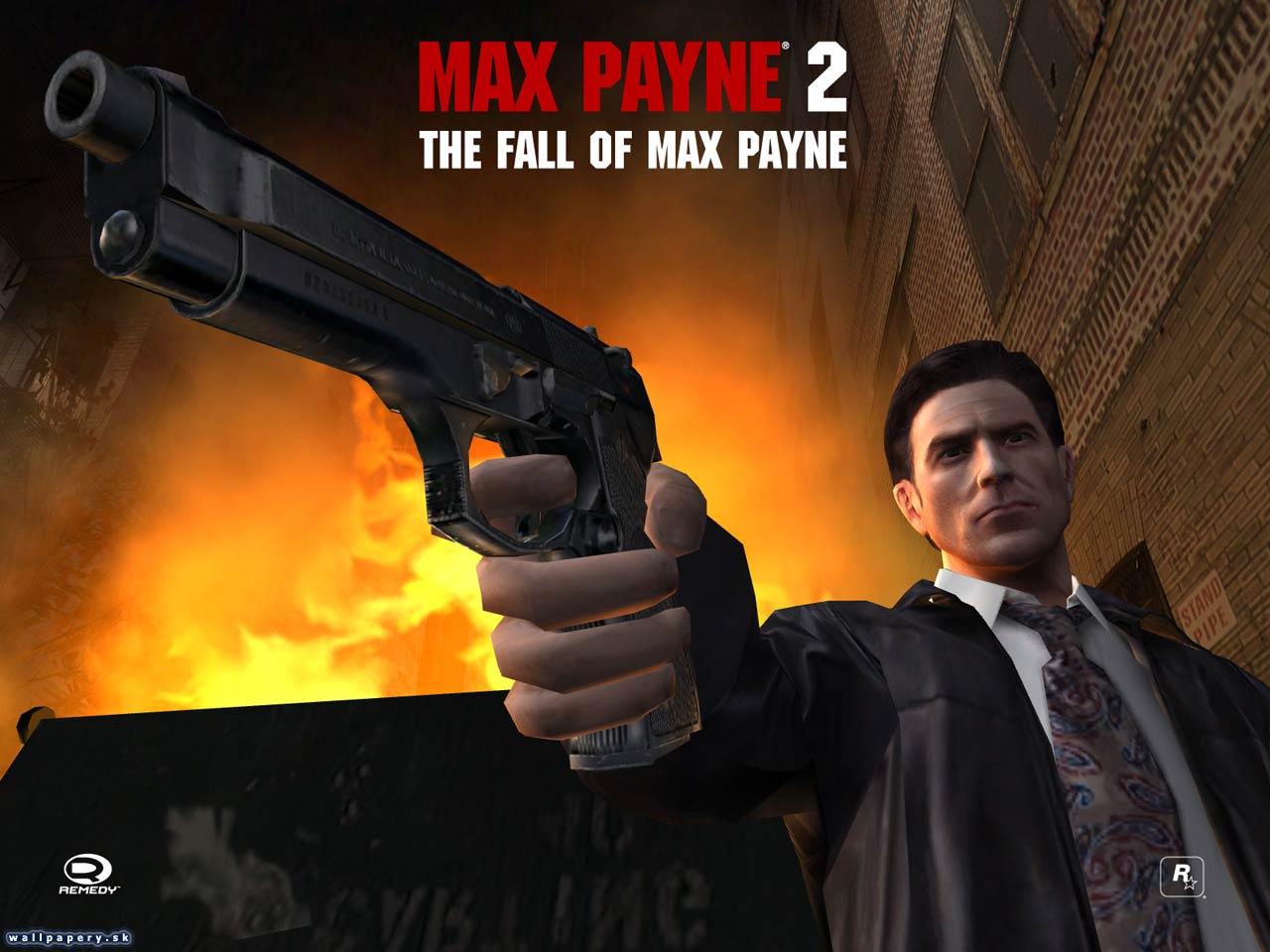
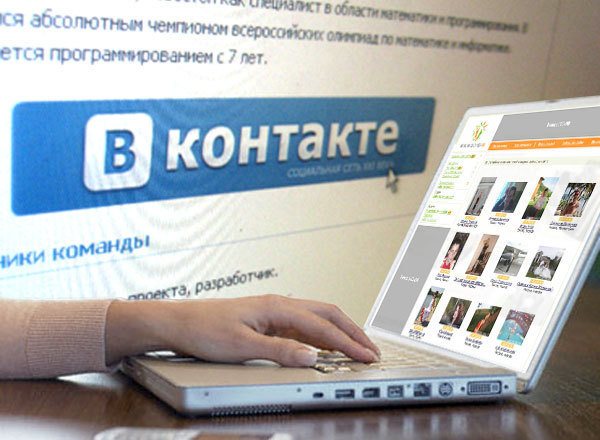
Answer the questions:
Is virtuality convenient and why?
What is club?
What is man`s attitude toward fashion?
What does new generation try to pass with the help of music?
Why is movie so popular?
Is there a great variety of cell-phones?
Do young people prefer electronic books?
What can you say about computer games?
The Future Simple Tense.
REMEMBER! В разговорном британском английском языке при образовании форм будущего времени в 1-м лице единственного и множественного числа глагол will под влиянием американского английского вытесняет глагол shall. При этом shall сохраняется в вопросах (просьбах) дать указание, совет или разрешение, а также в случаях, когда говорящий вызывается сделать что-либо.
Fill in the gaps and translate:
Young people …… go to the cinema next week.
My elder sister …… buy me a new computer game in several days.
I …… not help you to spend your money next summer.
…… she come to my place tomorrow?
….. they play football the day after tomorrow?
My friend …… not read this book next week as he ….. go to Miami.
Make the sentences negative:
A bride and a bridegroom will come in 10 minutes.
I will show you a house for sale tomorrow.
Nancy will return home in 3 days.
People maybe will become better in several centuries.
My cousin will be a genius scientific worker.
Make the sentences interrogative:
I will buy a laptop tomorrow.
We will go in for sport next year.
Students will pass exams in a week.
Kat will present you with a new cell-phone.
You will go to a night club tonight.
Make the right word order:
I, write, a, will, tomorrow, at 3 p.m., test.
My parents, go, to, the South, will, week, next?
She, not, come, will, home, in time.
Peter, you, help, will, not, he, as, is, busy.
Susan, buy, a, will, new, the day after tomorrow, dress?
In, 2 hours, will, not, they, come.
